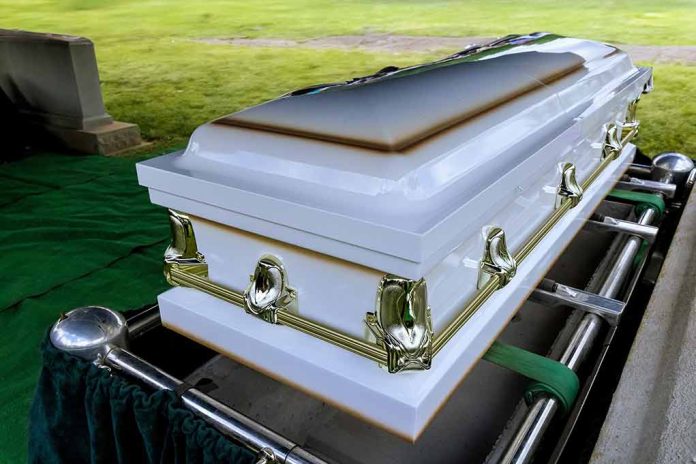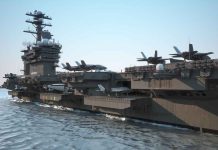
Well, folks, it’s time to dust off those history books and revisit a chapter of American military history that many would rather forget. William Laws Calley Jr., the man who led the infamous My Lai massacre during the Vietnam War, has shuffled off this mortal coil at the ripe old age of 80. While some might say “good riddance,” it’s crucial we examine this pivotal moment in our nation’s past. So, grab your reading glasses and settle in as we navigate the murky waters of war crimes, military justice, and national soul-searching.
The My Lai Massacre: A Brutal Reality
On March 16, 1968, U.S. Army troops under Calley’s command entered the village of My Lai, resulting in the deaths of 504 Vietnamese civilians, mostly women, children, and elderly men. This atrocity, initially covered up, didn’t become public knowledge until over a year later.
“Calley, he didn’t kill the 109 all by himself. There was a company there. We went through the village. We didn’t see any VC (Viet Cong). People came out of their hootches (huts) and the guys shot them down and then burned the hootches, or burned the hootches and then shot the people when they came out. … It went on like this all day. Some of the guys seemed to be having a lot of fun doing it.” – Herbert Carter
The brutality of the massacre was staggering, and its revelation sent shockwaves through American society. It became a rallying point for the anti-war movement and forced the nation to confront the harsh realities of the conflict in Vietnam.
Justice and Controversy
Calley was the only one of 25 men charged who was convicted for the massacre. In 1971, he was found guilty of murdering 22 people and sentenced to life in prison. However, this sentence was quickly reduced by President Richard Nixon to house arrest, and Calley ultimately served only three years before his full release.
“He was acting essentially on his own, although he, like the others, said it was following orders. His responsibility as an officer was to not obey unlawful orders, and the order he says they got was illegal.” – John Partin
The handling of Calley’s case sparked debate about military justice and accountability in wartime. Many questioned whether justice had truly been served, given the scale of the atrocity and the relatively light punishment.
Legacy and Lessons Learned
The My Lai massacre had far-reaching implications for U.S. military conduct and policy. It led to significant changes in how troops are educated about rules of engagement and highlighted the need for embedding military legal experts in active-duty units.
“It became the standard to have better education for our troops.” – John Partin
The incident also forced Americans to confront the darker aspects of the Vietnam War, with estimates of civilian casualties ranging from 1 to 2 million. While My Lai was not an isolated incident, its scale and brutality made it a symbol of the war’s moral complexities.
Reflection and Remorse
In his later years, Calley expressed remorse for his actions at My Lai. In 2009, he publicly apologized, stating:
“There is not a day that goes by that I do not feel remorse for what happened that day in My Lai. I feel remorse for the Vietnamese who were killed, for their families, for the American soldiers involved and their families. I am very sorry.” – William Calley
While some view this apology as too little, too late, it serves as a reminder of the lasting impact of wartime atrocities on both perpetrators and victims.
As we reflect on Calley’s passing and the legacy of My Lai, it’s clear that this dark chapter in American history continues to resonate. It serves as a stark reminder of the importance of ethical conduct in warfare and the need for accountability at all levels of military command.
Sources:
- Former US officer behind My Lai massacre dead at 80
- William Calley, who led the My Lai massacre that shamed US military in Vietnam, has died
- William Calley, who led My Lai massacre that shamed U.S. military in Vietnam, has died
- William Calley, officer convicted for his role in My Lai massacre during the Vietnam War, dead at 80
- William Calley, who led the My Lai massacre that shamed US military in Vietnam, has died
- William Laws Calley, face of My Lai massacre in Vietnam War, dead at 80
- William Calley, who led the My Lai massacre that shamed US military in Vietnam, has died
More from Around the Web:
The My Lai Massacre: History, Lessons, and Legacy
Calley Apologizes for 1968 My Lai Massacre
BBC Announces Calley’s Death:
William Calley, face of My Lai massacre, dead at 80 https://t.co/bt943Dk74D
— BBC News (World) (@BBCWorld) July 30, 2024















